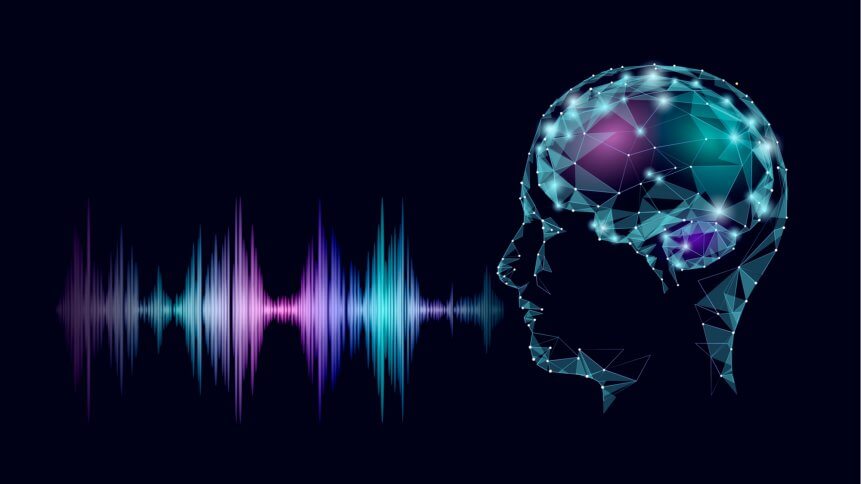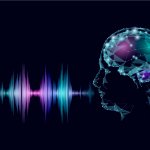Over chatbots already? Quantum computing could change that

- Quantum computing and AI are both transformational technologies and the latter is likely to require quantum computing to achieve significant progress.
- Cambridge Quantum Computing has built a “meaning-aware” natural language processing system on a quantum computer that may improve chatbots and voice assistants.
Chatbots are everywhere these days, as your personal shopper, sending you notifications about your food order and even update your bank account balance or serve as your hotel concierge. Given the improvements in natural language processing (NLP) and artificial intelligence (AI) over the years, this digital-transformation has captured the attention of brands and their eager consumers.
However, as much as we want to believe we live in a world full of intelligent automation with the likes of Google Assistant, Amazon Alexa, or Apple Siri, there are limits to what today’s chatbots can actually offer. There are something bots simply can’t do: care. Even as AI makes strides toward reading human emotions through facial expression and verbal sentiment analysis, they’re not programmed to feel human emotion.
Although AI produces functional applications with classical computers, it is limited by the computational capabilities of classical computers. Quantum computing can provide a computation boost to ai, enabling it to tackle more complex problems.
A study by Research and Markets suggests that quantum computing and AI are highly synergistic with one another as the former speeds up problem solving for the latter, and the latter provides an automated learning structure for the former. The combination expected to catalyze many benefits including faster parameter discovery, set-up, and even potentially algorithm adjustments. It is not beyond the realm of possibility that AI may at some point overcome to current hardware-centric limitations of quantum computing, allowing platforms to become less single purpose-built machines.
Quantum computing vs classical computer
According to a report by Sifted, startup Cambridge Quantum Computing (CQC) has built “meaning-aware” natural language processing on a quantum computer — a system that understands both the grammatical structure and the meaning of words, in a way that classical computers cannot.
YOU MIGHT LIKE

Why the best chatbots have a human fail-safe
Founder and CEO Ilyas Khan said classic computers simply don’t have enough processing power to be able to understand the rules of grammar and recognize word patterns.
“This is quantum native, it cannot be done with a classical computer with a reasonable amount of resources,” Khan said, adding that NLP is generally done on the basis of recognizing patterns in a “bag of words”. Even Open AI’s GPT-3, he said, which can produce very human-sounding text, is based on modeling the relationships between words, like a very very sophisticated autocorrect.
The exponentially-larger quantum state means NLP on a quantum computer can code complex linguistic structures and novel models of meaning in quantum circuits. He also said CQC is in early talks with a medical diagnostics company, exploring if quantum language processing could be used to speed up diagnoses. For example, it may be possible to combine an X-ray with a radiologist verbally describing what it is showing to very rapidly identify an illness.
“Limited uses could begin within three years. For more widespread use, like talking to Alexa or Siri, we will have to wait for an increase in the capacity of quantum computers.”
That said, a quantum computer could improve AI-based digital assistants with true contextual awareness and the ability to fully understand interactions with the customer since the former has the potential to sort through a vast number of possibilities within a fraction of a second to come up with a probable solution.







